report and publication
Our Commitment to Sustainable Progress
The Sustainability Report is Amartha’s commitment to ensuring that business decisions and intervention programs remain aligned with our vision: a prosperous and equitable Indonesia.
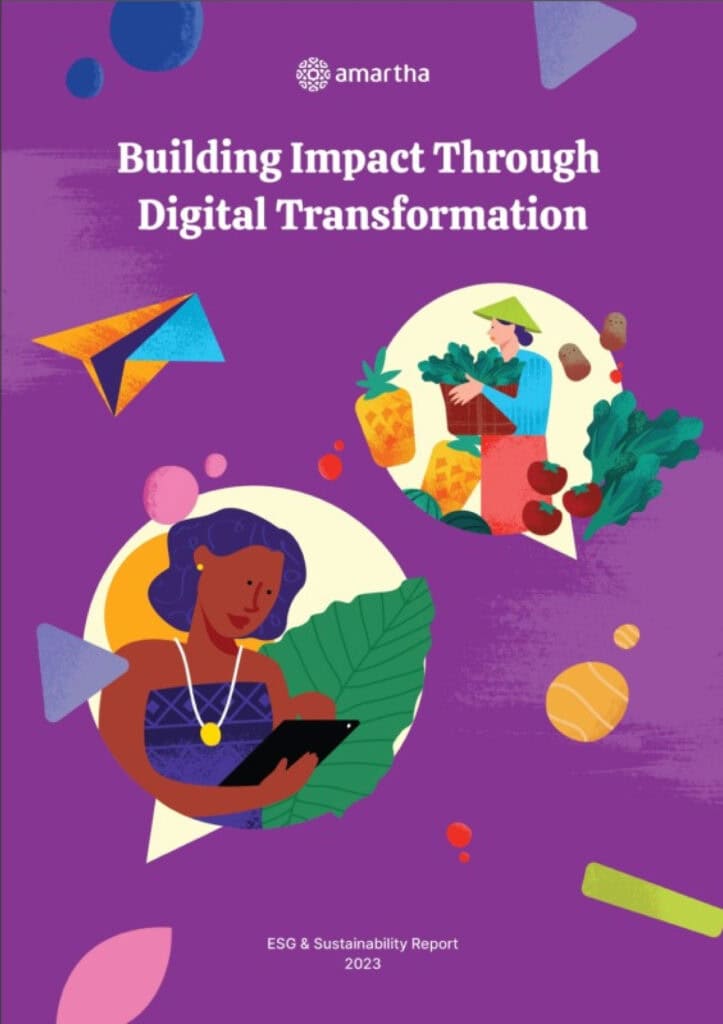
ESG & Sustainability Report 2023
To determine materiality assessment, Amartha surveyed key stakeholders, including the Board of Directors, employees, investors, customers, and state policymakers, to determine which ESG topics this group deems most pertinent to our business. In 2023 Amartha also established an ESG management committee to ensure our ESG programs and materiality are defined.
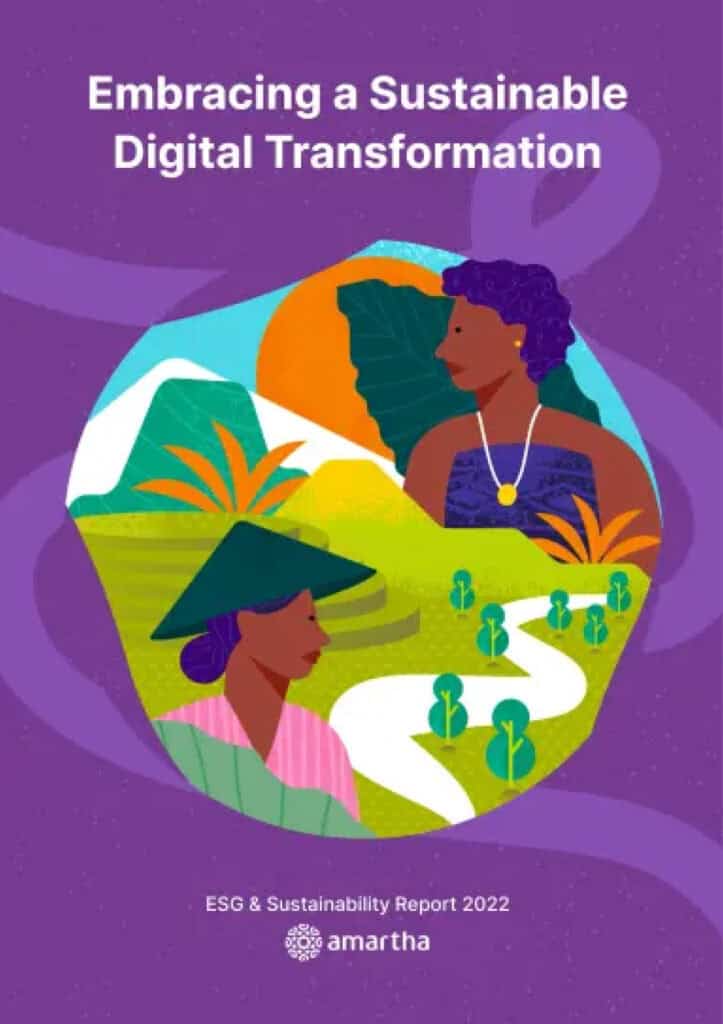
ESG & Sustainability Report 2022
Further, beginning 2023, Amartha will enhance its ESG initiatives, reporting, event, and partnerships by collaborating with the country’s foremost Sustainability stakeholders. Amartha also launched Amartha Foundation as a vihicle to implement sustainability initiatives to the public and the nation at large through three pillars: (1) education, (2) women’s empowerment, and (3) sustainable digital transformation.
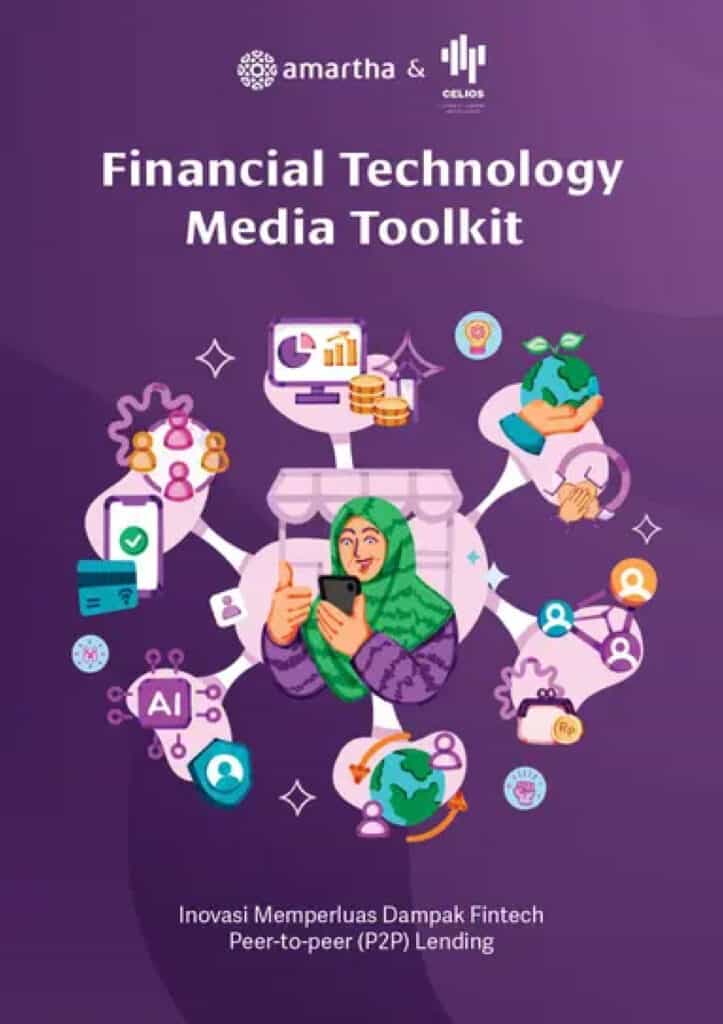
Financial Technology Media Toolkit
Toolkit ini menyajikan gambaran tentang lanskap fintech di Indonesia. Pertama, toolkit ini menjelaskan tentang lanskap dan kerangka regulasi fintech P2P lending di Indonesia. Bagian ini mengulas keadaan terkini fintech di Indonesia, merinci pertumbuhannya, alternatif kebijakan, tantangannya, dan peluangnya.
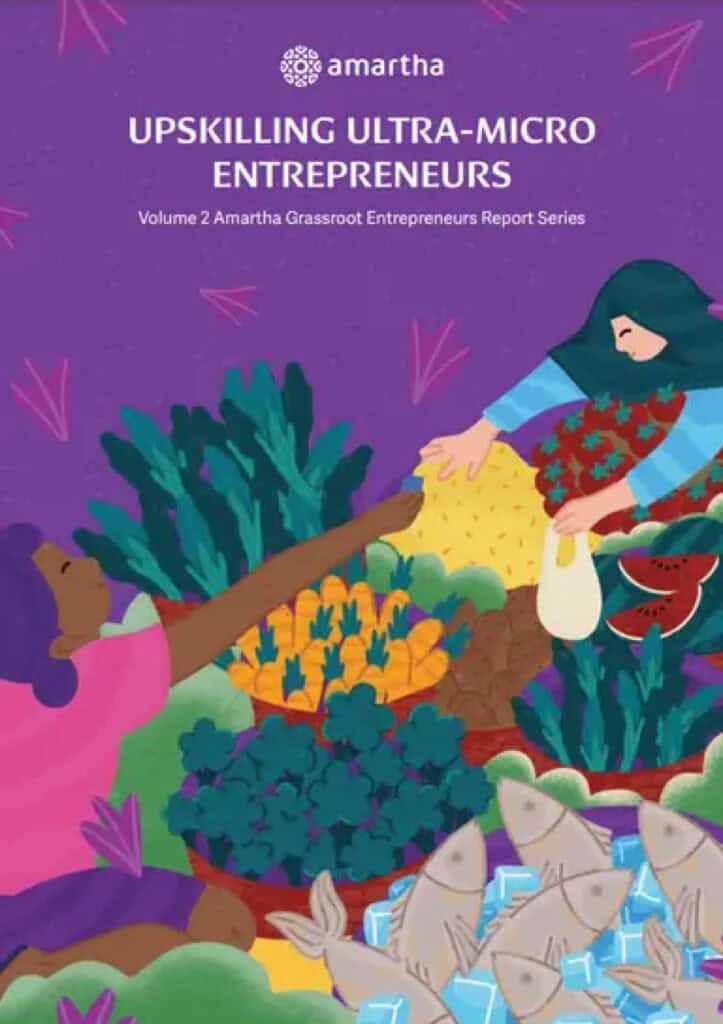
Volume 2 of Grassroots Entrepreneurs Report
The Indonesia Grassroots Entrepreneurs Report will span at least three volumes. in this second volume, “Upskilling Ultra Micro Entrepreneurs”, the study explores the ongoing challenges and opportunities faced by Indonesia’s MSMEs, and eventually dive deeper into exploring their needs that will drive their growth.
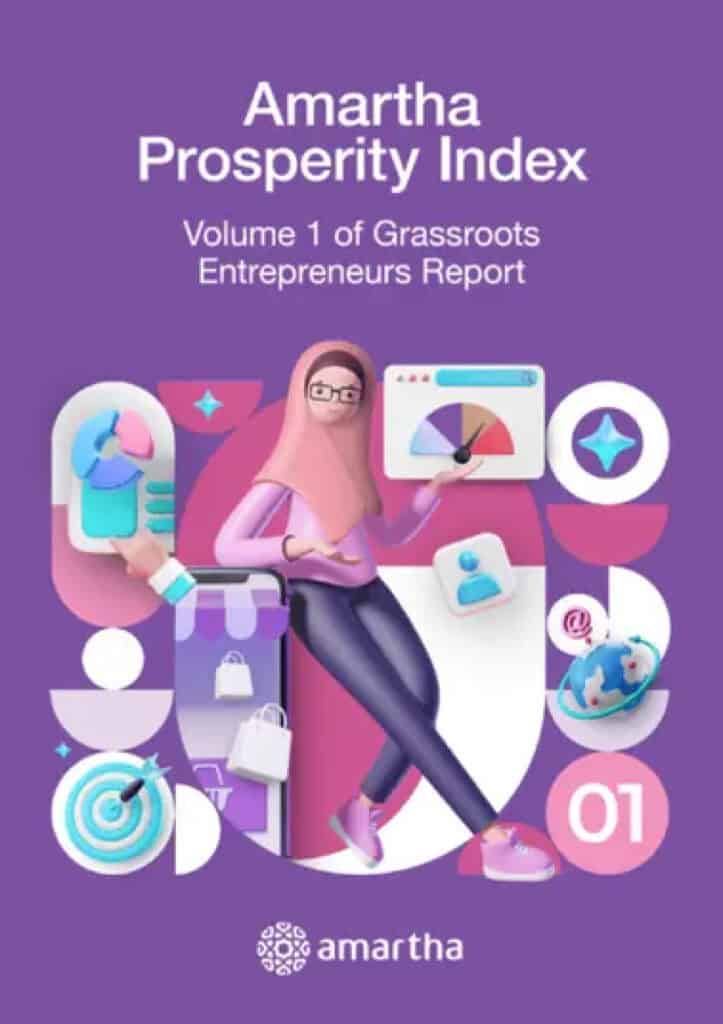
Volume 1 of Grassroots Entrepreneurs Report
This inaugural volume will cover the Amartha Prosperity Index, which consists of studies on financial and digital inclusion among Indonesia’s MSMEs. Future research and publications will include a volume on the Amartha Women Empowerment Index and a volume on the Amartha Grassroots Resilience Index, both of which will be published and made available for public access.
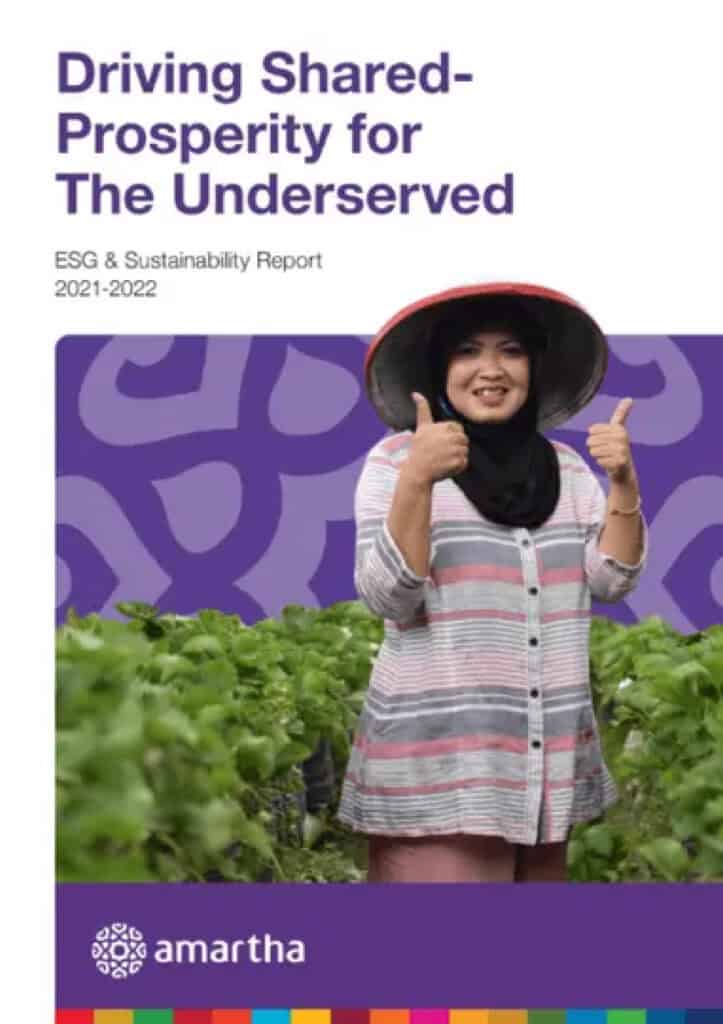
ESG & Sustainability Report 2021-2022
Our commitment has remained the same since we established Amartha: to create a shared prosperity for Indonesia. For this reason, we are committed to serving more customers, going into more remote places, and providing them with high quality products, innovative solutions and humanist approach to ensure that our customers journey towards prosperity can be achieved systematically and sustainably.
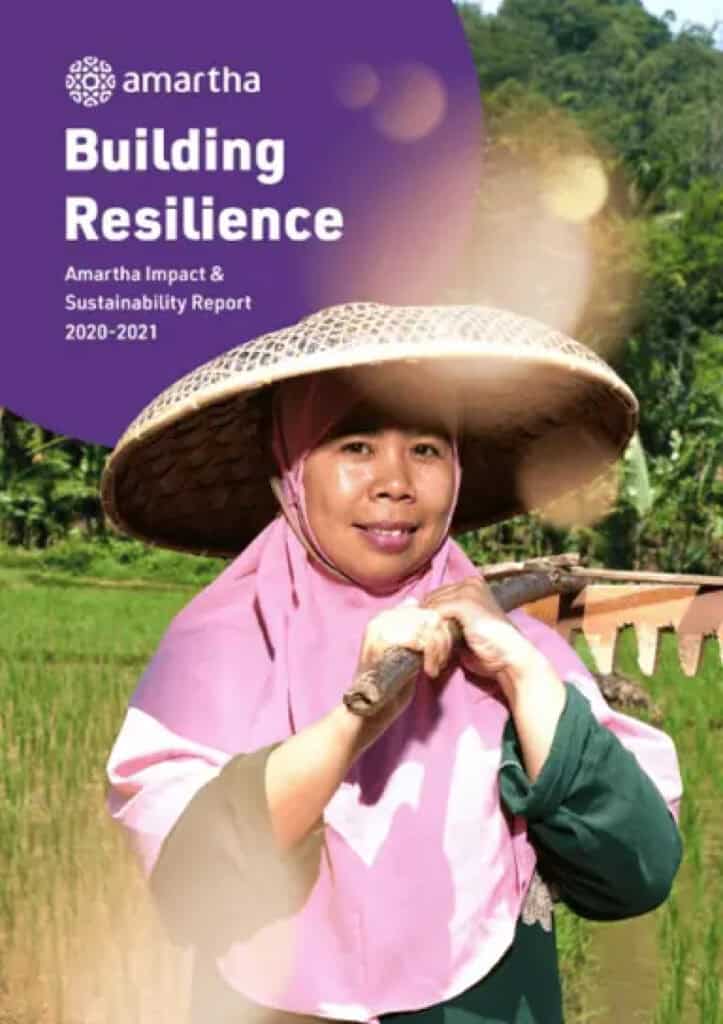
Amartha Impact & Sustainability Report 2020-2021
Recovering from the unforeseen pandemic requires resilience and optimism from all team members of the organization. The spirit that we also learned from our customers. In 2021, our loan disbursement started to resume to normal pace, while portfolio quality has improved significantly.
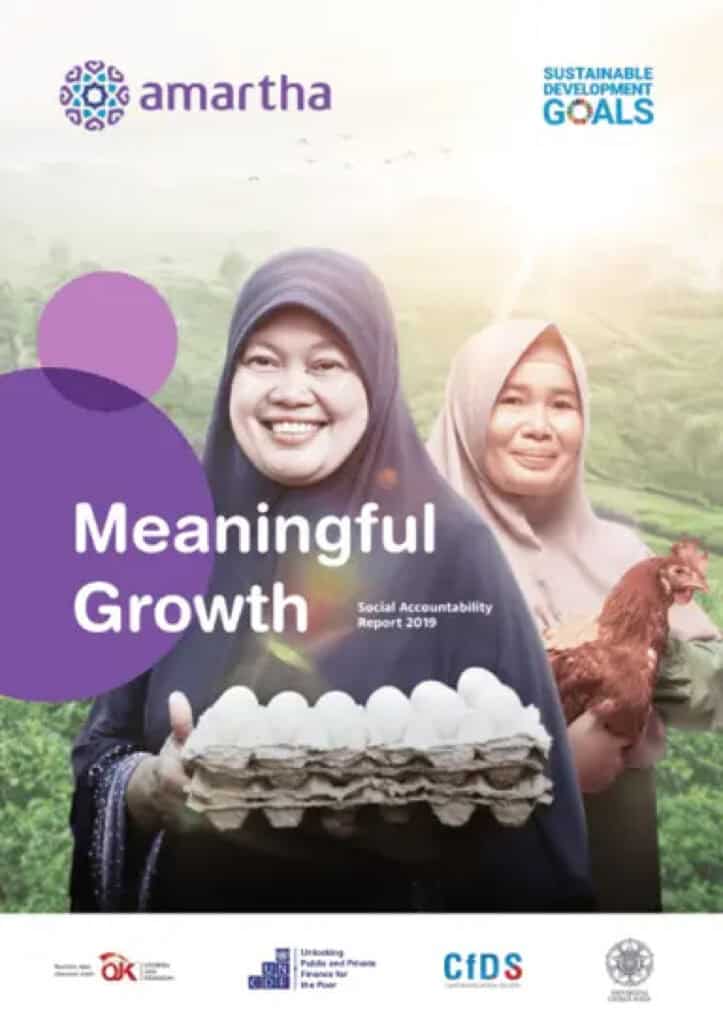
Social Accountability Report 2019
Journey towards prosperity is long and challenging. Therefore, partnership among stakeholders of public, private, individuals and NGOs alike become more important than ever. It is Amartha’s long standing commitment to always open to partner with individuals and institutions in sharing the dream that Indonesia without poverty is possible.
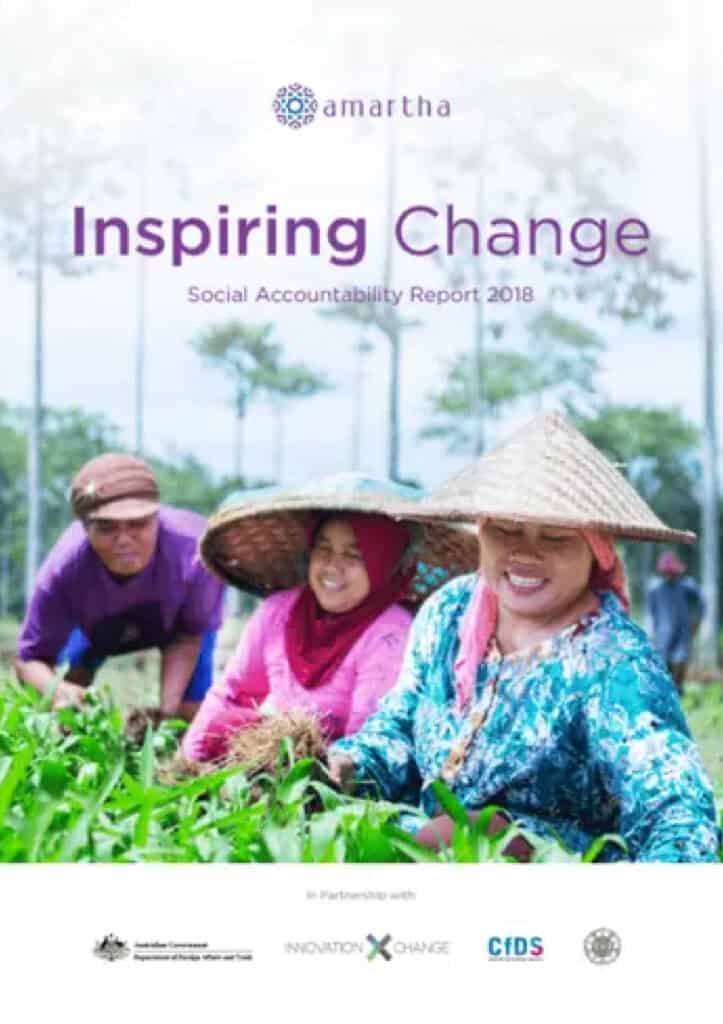
Social Accountability Report 2018
After 50-week of engagement with Amartha, Mitra have build the character of discipline, resilent and sharing responbilities among their community which transformed them into a sustainable micro entrepreneur. Through entrepreneurship, financial and access to finance, rural villager scan improve their income to achieve better living conditions and alleviate themselves from poverty.
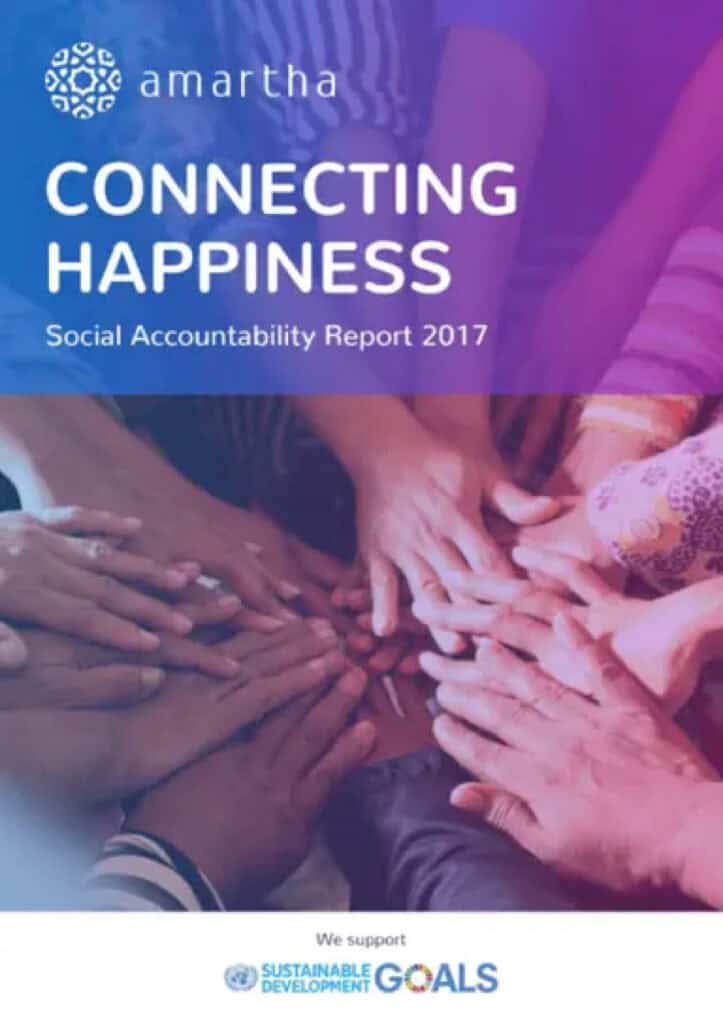
Social Accountability Report 2017
Sustainable Development Goals (SDGs) consist of 17 objectives with 169 measurable achievements and deadlines set by the United Nations (UN) as a development world agenda for the benefit of people and the planet. This goal is announced jointly by cross-government countries in a UN resolution issued on 21 October 2015 as joint development mission by 2030.
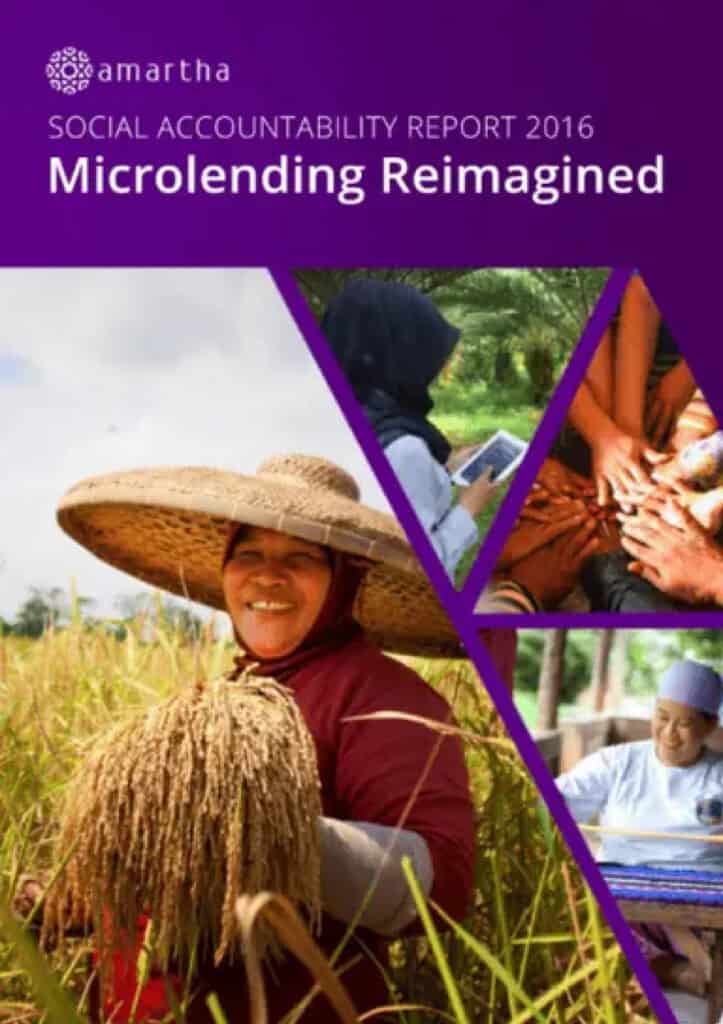
Social Accountability Report 2016
To effectively understand the impact of development interventions, poverty is often measured multi dimensionally. Beyond direct improvements in economic welfare, the study also monitored changes in social indicators of poverty including access to clean cooking fuel, proper flooring, a refrigerator, a motorbike and adequate toilet facilities.